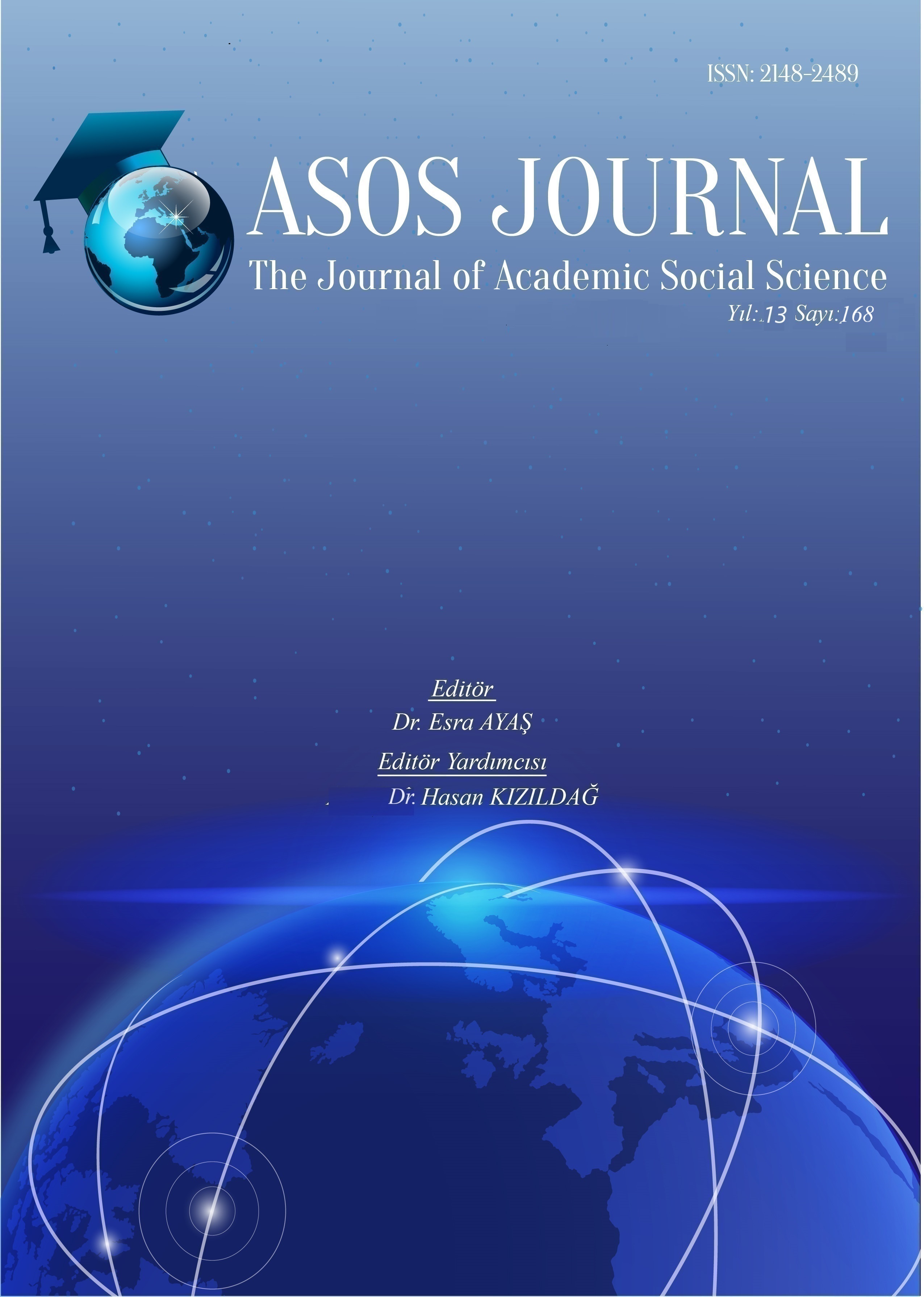Author :
Abstract
İhracat faaliyetleri gerçekleştiren firmaların mevcut veya hedef pazarlarda kârlılıklarını direkt etkileyen unsurları belirlemesi ve faaliyetlerini bu unsurlar çerçevesinde planlaması, organize etmesi, yürütmesi ve denetlemesi firmaların ticari faaliyetlerini devam ettirebilmeleri için belirlemeleri gereken önemli dinamiklerdir. Üretim için gerekli olan tüm endüstriyel ürün gruplarının tedarik edilmesi, üretim, depolama, yükleme, taşıma, gümrük süreçleri ve hedef pazara teslim sonrası hem ticari paydaşların (toptancı, perakendeci vb.) hem de son tüketicilerin memnuniyeti toplam süreç içindeki en önemli unsurlardır. Hammadde çeşitliliği, yeni teknoloji, teknik bilgi vb. sebepler kârlılığı doğrudan etkileyen maliyet artışları olarak saptanmış ve bu durum firmaların rekabet edebilme güçlerini azalmıştır. Lojistik süreçlerin satın alma sürecinden başlayan, döviz kuru, işçilik ve temel giderler, üretim maliyetleri, yükleme, taşıma ve boşaltma operasyonlarının ücretlerinin artması firmaların kârlılığını olumsuz yönde etkilemiştir. İşletmelerin bu operasyonları mantıksal ve çözümcül bir şekilde yönetemediği düşüncesi ise bu araştırmanın yapılması gereksinimini doğurmuştur. Bu çalışmanın amacı lojistik faaliyetlerin firmaların kârlılığını ne derecede etkilediğini belirlemektir. Araştırmanın evrenini Gaziantep’te ihracat yapan firmalar oluşturmaktadır. Bu çalışmanın örneklemini, nitel araştırmanın ölçüt dayanaklı örnekleme ilkesi esas alınarak, 50 adet ihracat yapan firma oluşturmuştur. Veriler araştırmacı tarafından geliştirilmiş olan yarı yapılandırılmış bir veri toplama aracı ile toplanmıştır. Toplanan veriler, betimsel ve içerik analizine tabi tutularak bulgular elde edilmiştir. Bulgulara göre lojistik faaliyetler, firmaların kârlılığını, maliyetler, kâr marjı, pazar dinamikleri ve yönetim yaklaşımları gibi temel başlıklar özelinde etkilemektedir.
Keywords
Abstract
The important dynamics that companies carrying out export activities need to determine the factors that directly affect their profitability in current or target markets and plan, organize, execute and supervise their activities within the framework of these factors in order to continue their commercial activities. The supply of all industrial product groups required for production, production, storage, loading, transportation, customs processes and the satisfaction of both commercial stakeholders (wholesalers, retailers, etc.) and end consumers after delivery to the target market are the most important elements in the total process. Raw material diversity, new technology, technical knowledge, etc. have been identified as cost increases that directly affect profitability, and this has reduced the competitiveness of companies.. The increase in the costs of logistics processes starting from the purchasing process, exchange rates, labor and basic expenses, production costs, loading, transportation and unloading operations have negatively affected the profitability of companies. The idea that businesses cannot manage these operations in a logical and analytical manner has led to the need for this research. The aim of this study is to determine the extent to which logistics activities affect the profitability of companies. The universe of the research consists of exporting companies in Gaziantep. The sample of this study was formed by 50 exporting companies based on the criterion-based sampling principle of qualitative research. Data were collected using a semi-structured data collection tool developed by the researcher. The collected data were subjected to descriptive and content analysis to obtain findings. According to the findings, logistics activities affect the profitability of companies in terms of basic headings such as costs, profit margin, market dynamics and management approaches.





